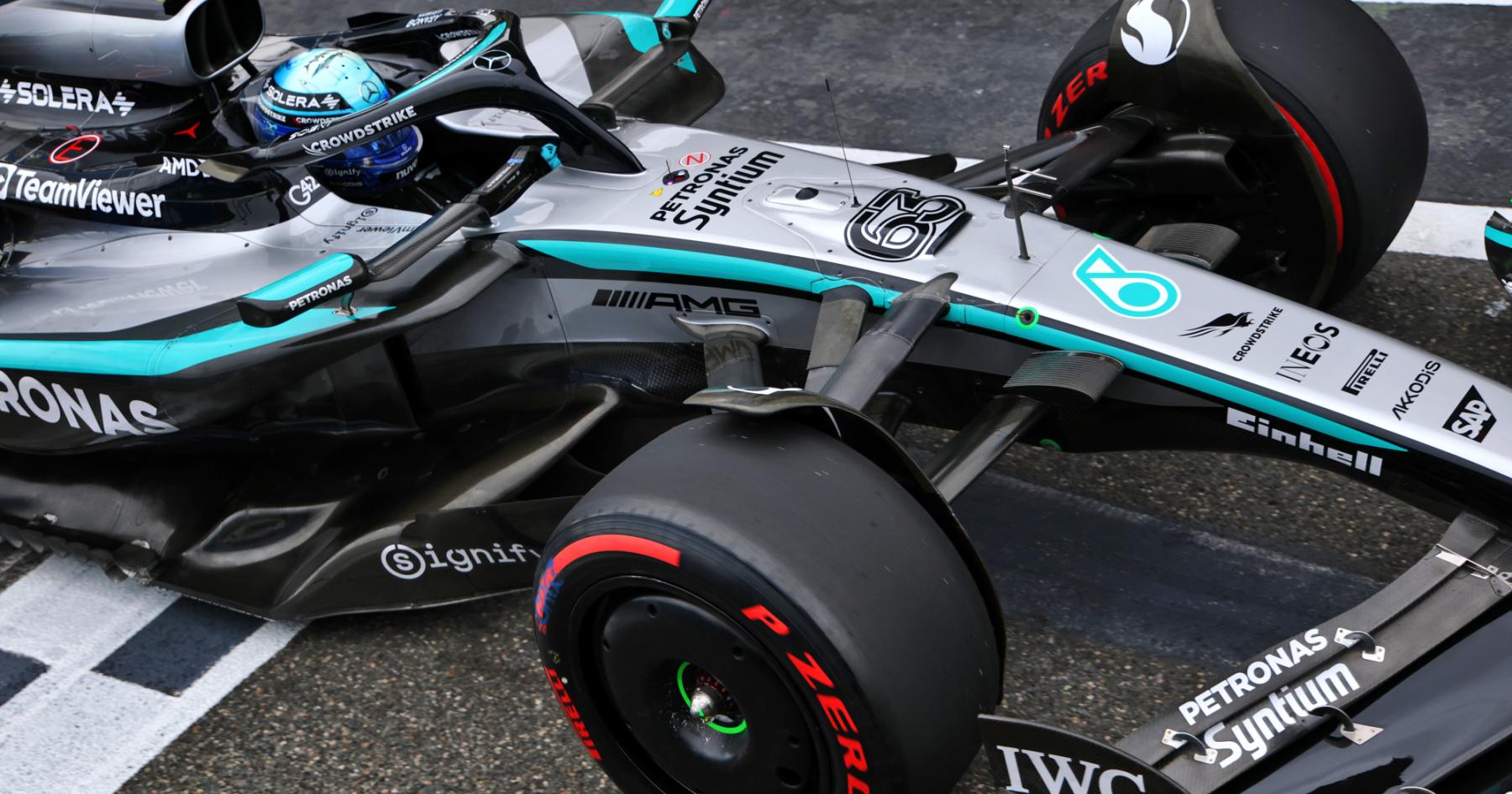Russell battles illness to P2 as Mercedes trials bio-based carbon fibre
Mercedes combined resilience and innovation at the Azerbaijan Grand Prix. George Russell, battling a respiratory infection and describing the weekend as “touch and go,” pressed on to finish second behind Max Verstappen. Valtteri Bottas was understood to be on standby if Russell could not race, but the Briton delivered a faultless drive to secure the podium.
‘Groundbreaking’ sustainability step on the W16
Alongside the on-track result, Mercedes debuted a bio-based carbon fibre composite on the W16’s brake duct wheel shields. The component, which incorporates a new resin and 30% bio-based material, marked the team’s first use of sustainable carbon fibre composites in competition.
“Our sport is the world’s fastest test lab,” said team principal Toto Wolff, framing the project as part of an ongoing push to combine performance with sustainability and transfer advanced materials into wider industry applications.
Why it matters
Mercedes says the Baku test demonstrated that sustainable composites can meet F1’s quality and performance thresholds, opening the door to wider use across the car. With Russell delivering P2 despite illness and the team’s sustainability drive gathering pace, the weekend offered both competitive progress and a proof-of-concept for greener materials in elite motorsport.

